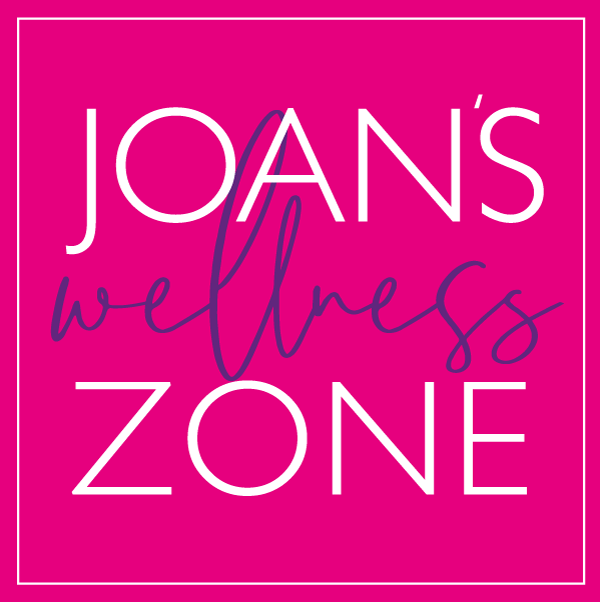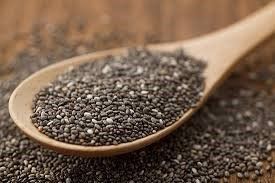What information is helpful to take to your GP when asking about HRT?
What information is helpful to take to your GP when asking about HRT?
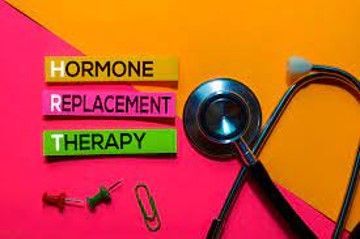
Hormone Replacement Therapy (HRT) has received so much press lately that it may have made you think about looking into it for yourself. HRT can definitely make a difference to how many women feel through the change of perimenopause to menopause but it isn’t the only answer to help you manage your symptoms and it doesn’t help everyone.
My advice as a Women's Health Coach, if you’re considering going to the GP about HRT then you’ll probably experiencing one or many of the symptoms that can come with the Perimenopause, the lead up to Menopause which is when your periods have stopped fully for a whole year.
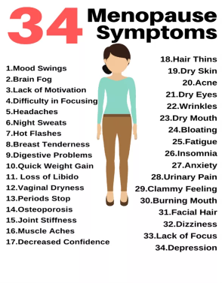
Hormone Replacement Therapy (HRT)
Hormone Replacement Therapy (HRT) is all about trying to balance the hormones in the body to give optimum function, with Oestrogen and Progesterone being the primary hormones in this situation.
Oestrogen & Progesterone
Oestrogen has at least 400 functions in the body with Oestrogen receptors all over the body so it is a hormone of great importance to many bodily functions, it’s not just involved with having a period and getting pregnant. Progesterone, another highly important female hormone is influenced by Oestrogen and with a change in this hormone too it can affect many health factors including breast and heart health, thyroid function, mood regulation, anxiety and sleep.
Get Tracking...
With these two hormones in mind and their influence on the menstrual cycle, making notes on any changes you’ve experienced in your menstrual cycle is helpful. This is why it’s important to note what’s happening to your cycle from much earlier on in your life and remembering that your period is classed by those that specialise in menstrual health as your ‘5th Vital sign’ (the other 4 being pulse, body temp., breathing rate and blood pressure).
If we experience a regular ovulatory cycle, we should cycle through regular peaks and troughs of these two hormones (there are other hormones involved with this cycle but you don’t need a full biology lesson here!)
You may have noticed earlier on in your life that your menstrual cycle may have changed in times of stress, and this is because the stress hormone Cortisol influences the production of the female sex hormones Oestrogen and Progesterone. A stress to the body is a one-off event that can influence our cycle but as we begin to age and move in to our 40’s, it is natural for these hormones to fluctuate, and it is these fluctuations that influence the many symptoms that are experienced. The fluctuation in these hormones is a normal body response and is like the second puberty! HRT can help level out these fluctuations and reduce the symptoms that we can experience.
So with the menstrual cycle, changes to length of bleed, heaviness of bleed, frequency of bleed are all factors to note as these are influenced by the new fluctuations in the hormones. However, you won’t know if they’re differences in your cycle if you weren’t tracking it before – get tracking!

What other changes have you noticed?
As I’ve already mentioned oestrogen has a big impact on many bodily functions so any changes in the following will also be helpful to note and take as changes that you’ve noticed, which you may not have considered as part of the changes experienced in this hormonal change.
- Digestive system – in particular changes in bowel habits as the hormone changes can slow down the gut motility and cause some constipation. You may also find you have become more sensitive to certain food types, and you may find you need a bowel movement more urgently than usual.
- Pelvic health – there may be some changes in pelvic floor strength noted, leaking urine for example may occur because of muscle strength in the pelvic floor muscles has been affected.
- Sleep – you may find that you wake in the night and then find it difficult to go back to sleep, along with this you may find you become anxious, this is not the same as being depressed so antidepressants are not usually the answer.
- Ability to function/work – as there are many oestrogen receptors on the brain, your ability to focus may be more difficult and you may develop what is known by many as brain fog. You may also find you have noticed more mood swings, different to any you may have experienced in your usual cycle.
- Unable to exercise in the same way as you are used to – again muscles and joints rely on the hormones to not only function well but also recover from exercise too.
All the above are areas that you can work on naturally but may also need the input of HRT too to help you function. Again, keep track of some of the above, you may notice that some of the above issues are also cyclical and are therefore related to how your hormones are behaving.
Keeping track of any of your symptoms will also help you to clarify if HRT is helping you should you eventually go on it rather than using it because it seems to be the answer for everything. For more information about HRT see the NHS website - Click Here to view!
I will talk more in my other blog posts about other ways you can help with the areas I’ve listed as things to keep track of and what I did to help myself before I started on HRT. We are all different and will all have a different story, but I believe understanding what is happening to your body will give you a better idea of how to manage it.
My Menopause Hub doors are always open if you want to chat about your symptoms or enjoy a Rel((ease)) class - Click Here for more information!
